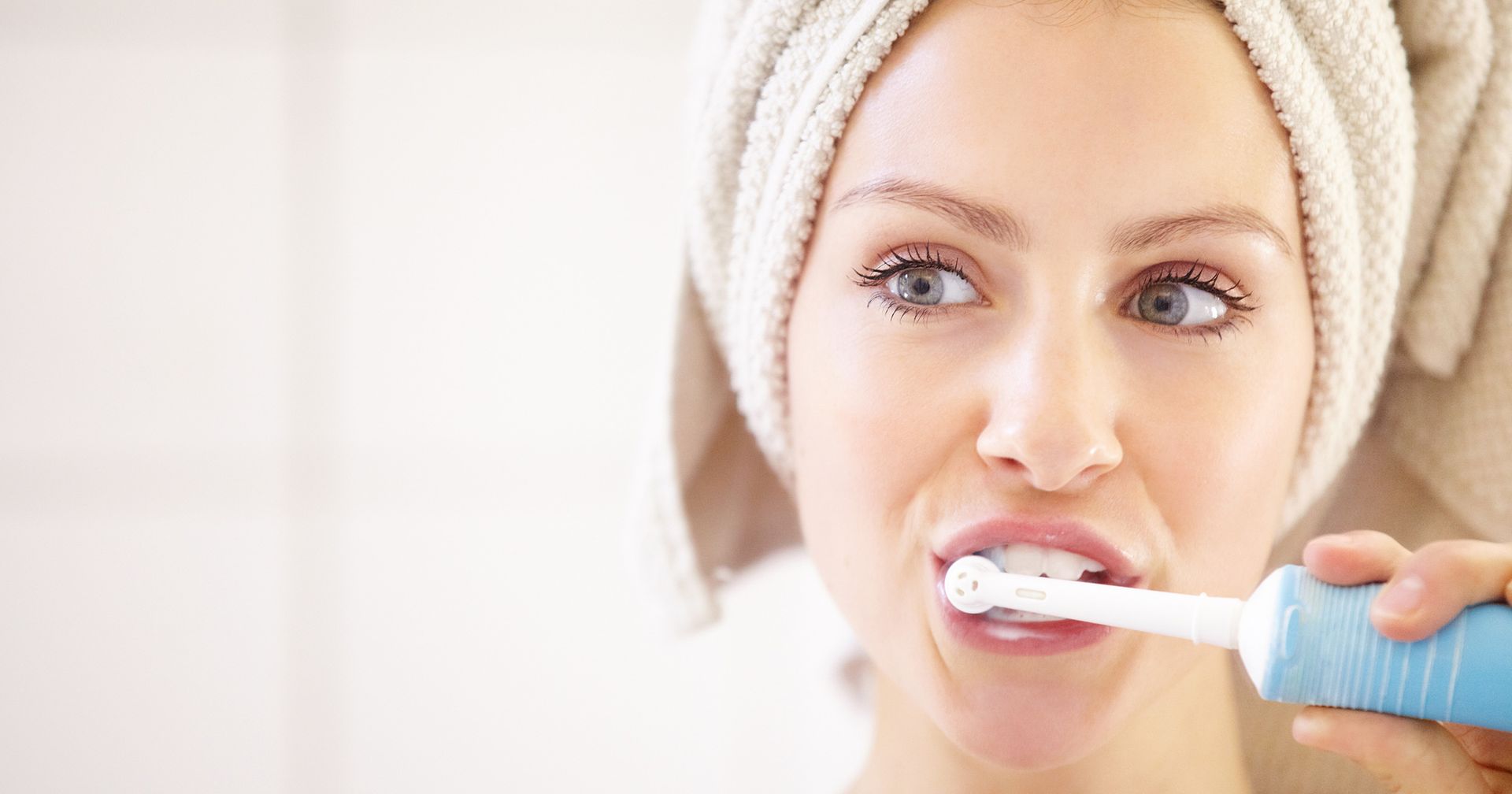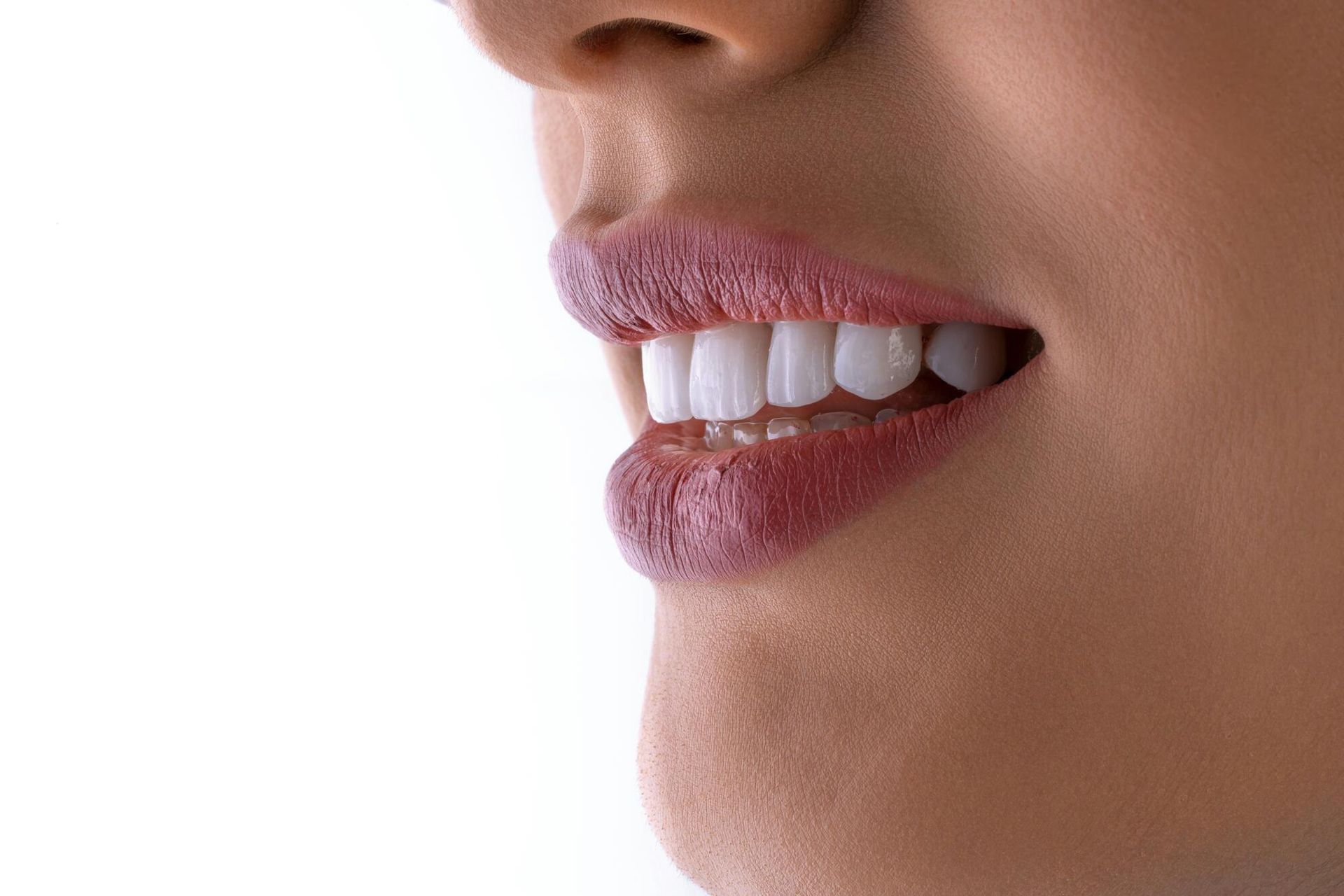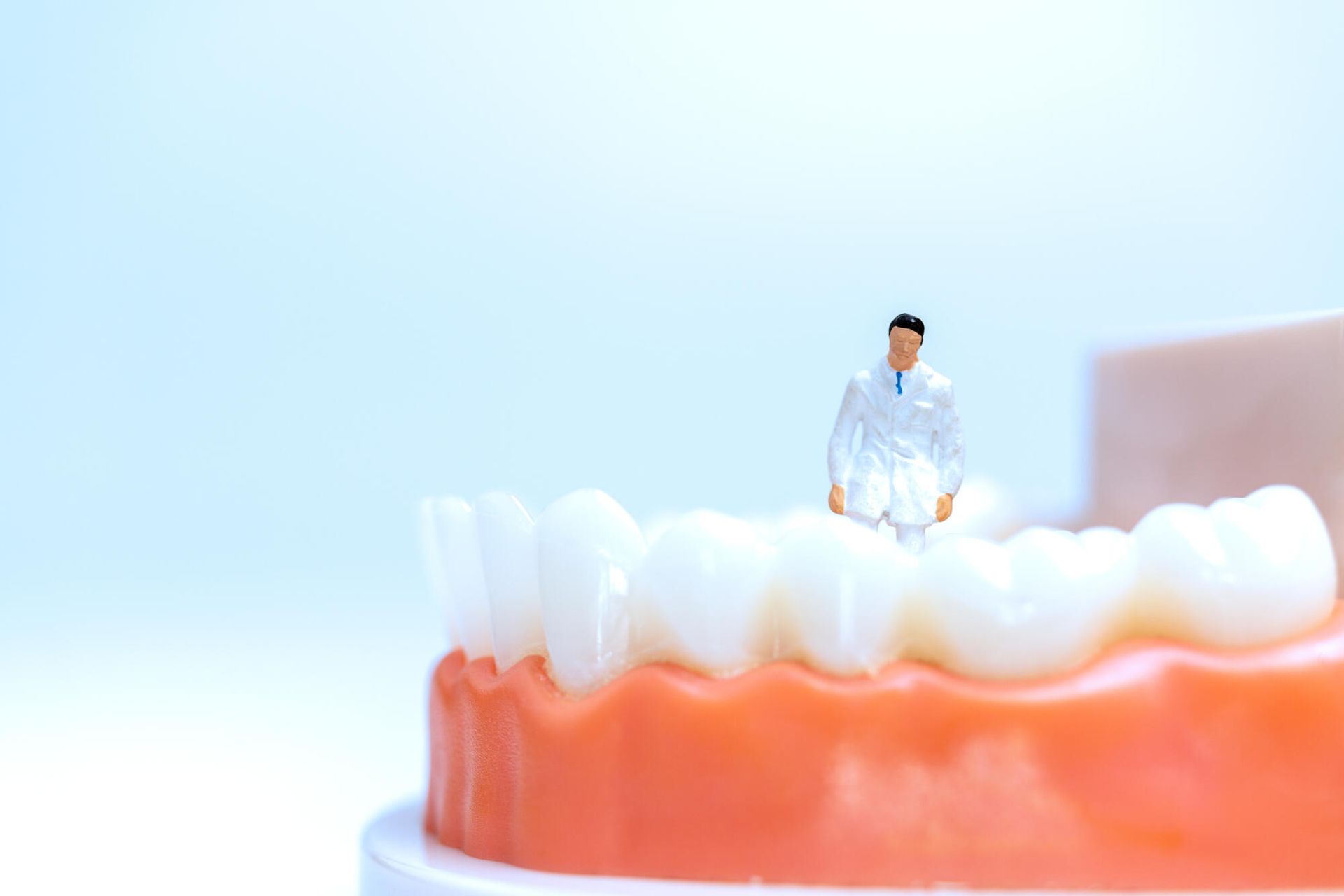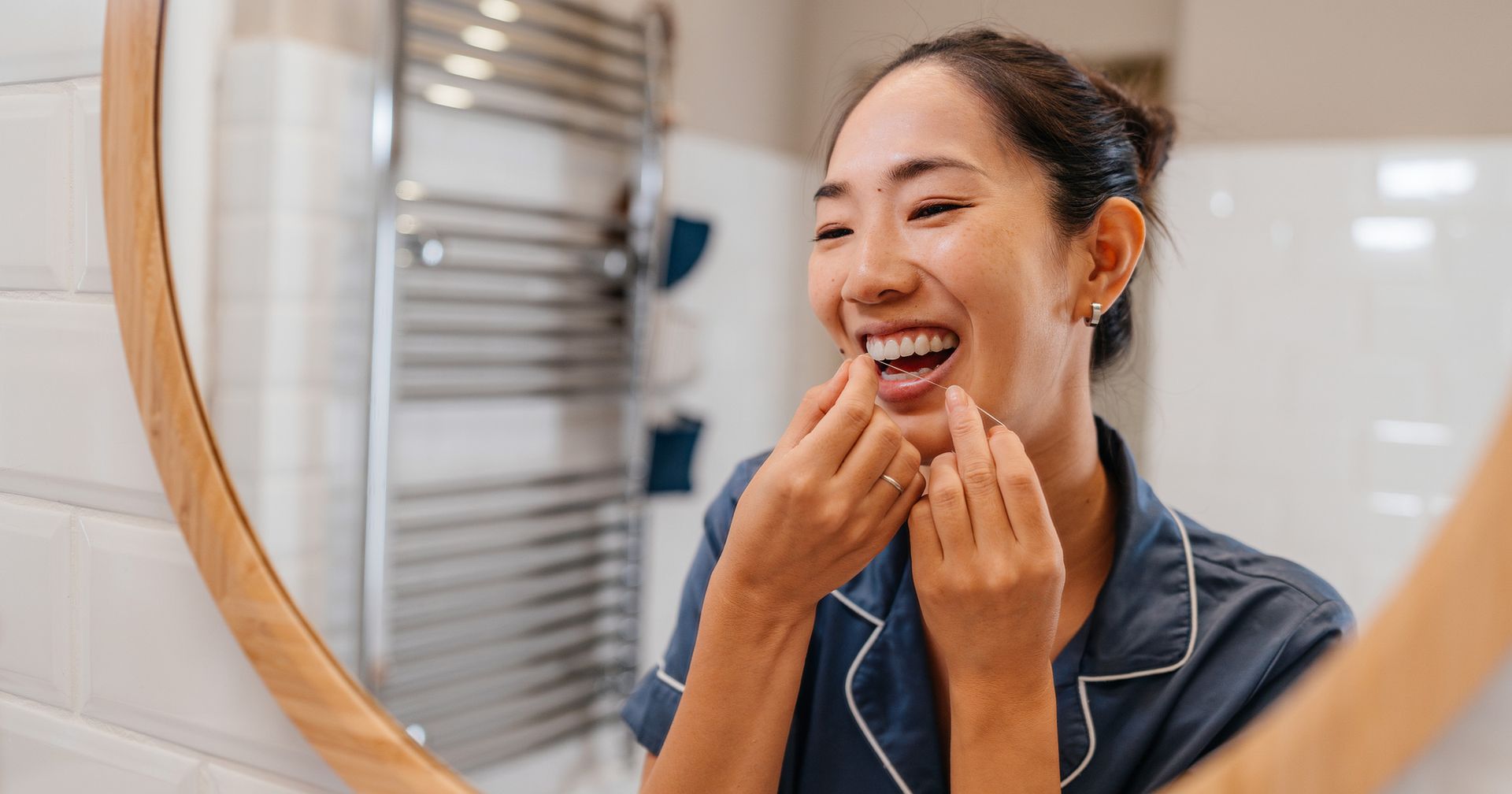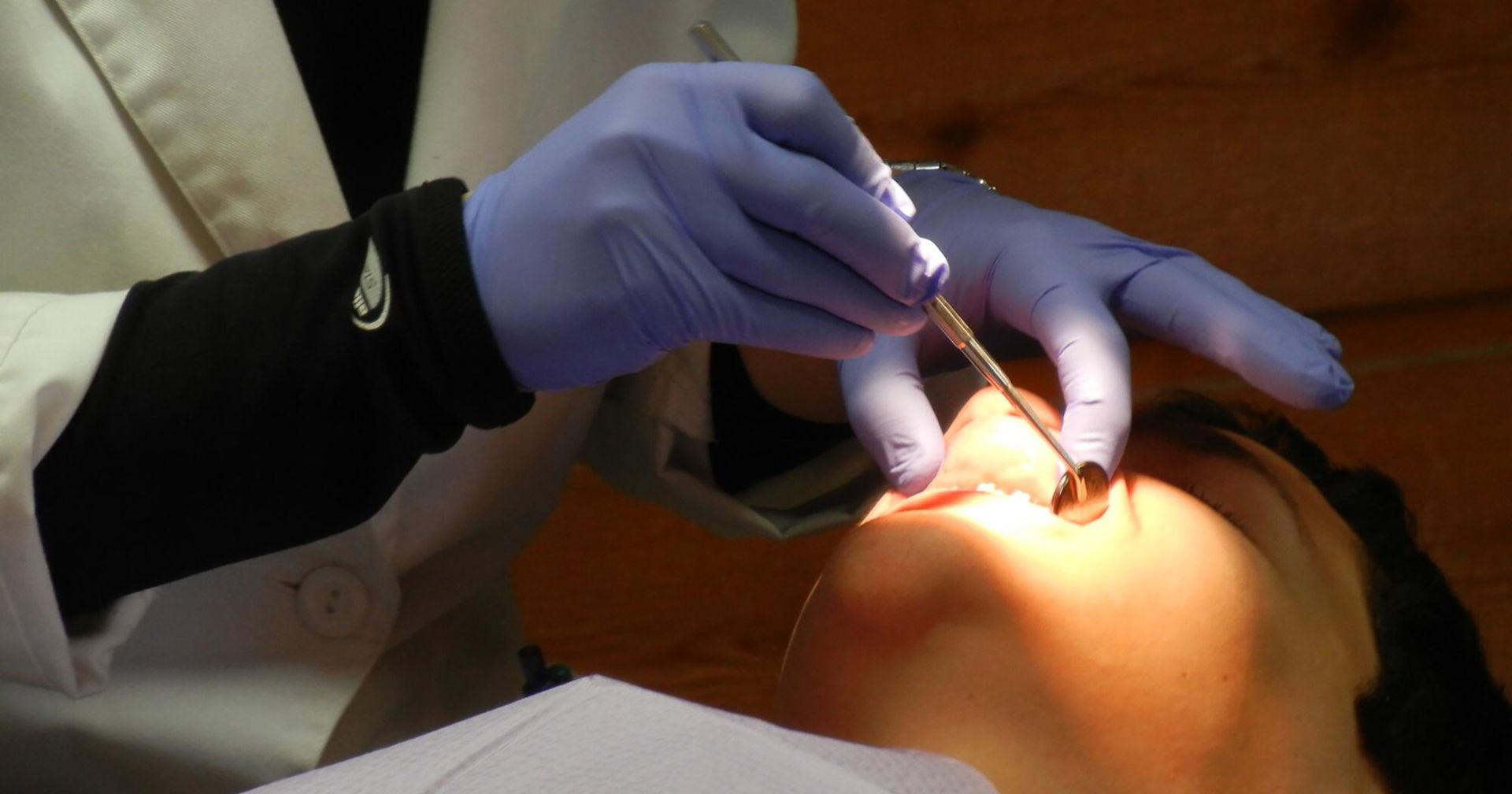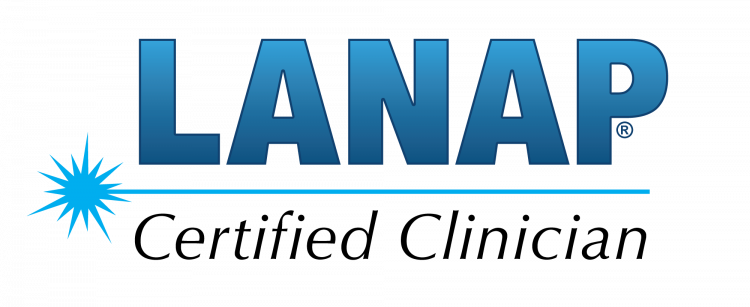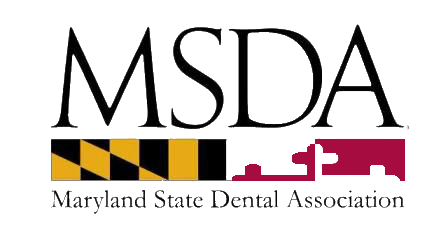Learn how to keep your oral health top-notch between dental checkups. Dive into expert tips and enhance your dental hygiene routine today!
According to the World Health Organization, Oral Health Disease affects around 3.7 billion people. Many of these problems arise even though people get regular dental checkups.
Daily care shapes long-term health more than most people realize. Even with regular dental visits, what happens in between makes the most impact.
Paying attention to brushing, flossing, diet, and technique helps avoid problems before they start. This guide walks you through simple ways to protect your oral health at home.
Why Daily Care Matters More Than You Think
You don't need a dentist in the room to keep your mouth in good shape. Most of the work happens at home with a few simple, consistent habits. Brushing and flossing regularly will prevent buildup that could lead to decay or
gum disease.
People often wait until pain shows up, but the damage is usually done long before that. A bit of effort every day saves you from more complicated
procedures later.
Small Habits That Create Big Smiles
Some of the most effective actions are also the easiest to overlook. Skipping a brushing session after a late night or rushing through flossing can quietly undo your progress.
Minor lapses like these create opportunities for bacteria to spread. Staying on track with a strong
oral health routine doesn't take much time but pays off long-term.
It's about reinforcing the basics until they become second nature. Try working the following into your daily rhythm:
- Brush for at least two minutes, twice a day
- Use fluoride toothpaste to strengthen enamel
- Floss slowly and gently to clean between teeth
- Rinse with mouthwash if recommended by your dentist
The more consistent these habits become, the more natural they feel.
How to Keep Your Teeth Strong at Home
Drinking water throughout the day helps wash away debris and reduce acidity. Limiting sugary drinks and snacks lowers your risk of cavities while boosting your overall oral health.
Chewing sugar-free gum can help increase saliva, which protects enamel. Healthy
teeth maintenance depends on staying aware of these everyday actions.
The Role of Consistency in Dental Wellness
Quality results come from maintaining a solid routine. Following it once or twice a week isn't enough.
Your mouth needs steady care that you can stick with over time. Skipping days or brushing without care weakens your progress.
Over time, your body responds better to steady patterns than to bursts of effort followed by long gaps. Here's what helps keep your efforts on track:
- Set reminders if you often forget to floss
- Replace your toothbrush every three months
- Track habits with a simple calendar or app
- Keep your supplies in one place so nothing's missed
Following these small steps keeps your focus steady and your efforts meaningful.
What You Might Be Overlooking in Your Routine
Even the most careful person can miss things. The tongue and the back molars are common areas that don't get enough attention.
Not all toothbrushes reach equally well, and that can leave behind hidden plaque. Some people also brush too hard, causing damage instead of
preventing it.
Preventive dental care means catching these small missteps before they turn into something far worse. Paying attention to detail can make your daily routine more effective.
Timing, Technique, and Toothbrushes
It's easy to assume that brushing is the same for everyone. In reality, small differences in timing and motion affect how well it works.
You should wait about 30 minutes after eating before brushing, especially after acidic foods. Circular motions tend to clean more thoroughly without damaging the gums.
Brushing harder doesn't make things cleaner, it often causes harm. To get the most out of each brushing session:
- Use a soft-bristled toothbrush
- Angle the brush at 45 degrees to your gums
- Brush gently in short strokes
- Make sure to reach all sides of each tooth
Being mindful of these techniques can extend the life of your smile.
How Your Diet Affects More Than Your Waistline
People often separate oral care from the rest of their health, but everything's connected. Foods high in starch and sugar can feed the bacteria in your mouth. Acidic drinks wear away enamel slowly, even if you don't feel it happening.
On the other hand, crunchy vegetables and calcium-rich foods help protect your teeth. Daily
oral hygiene tips don't end with a toothbrush, either. Being thoughtful about what you eat gives your teeth an extra layer of defense.
When to Rethink Your Usual Products
Sticking with the same products for years can feel comfortable, but it might not get the results you desire. As your body changes, so will your needs.
A new mouthwash or toothpaste can sometimes make a difference, especially if you've noticed sensitivity or bad breath. Talk to your dentist if something feels off.
The
best dental practices change with time and new discoveries. You may want to consider updating the following:
- Toothpaste with extra enamel protection
- Mouthwash designed for dry mouth
- Brushes with smaller heads for better reach
- Floss types suited for tight or wide gaps
Reviewing your tools from time to time keeps your routine effective.
Warning Signs You Shouldn't Ignore
Pain isn't the only signal something's wrong. Bleeding when brushing or flossing can point to gum issues.
Persistent bad breath may be a sign of infection or decay. Loose teeth or receding gums often mean there's a deeper problem that needs attention.
Preventing these problems early is always easier than correcting them later. Staying alert helps you know when it's time to call for help.
Never Neglect Your Oral Health Between Visits
If your oral health matters to you, treat it like a daily priority. A few minutes each day can protect your smile for years.
Smile Savers Dentistry in Columbia, MD, offers comprehensive, high-quality dental care for all ages in a relaxed, patient-first environment. With advanced treatments like LANAP laser gum surgery and cosmetic smile makeovers, Dr. Patel and her team deliver compassionate, personalized care that prioritizes comfort and long-term oral health results. You can get in touch with us today to learn more about how we can help.


